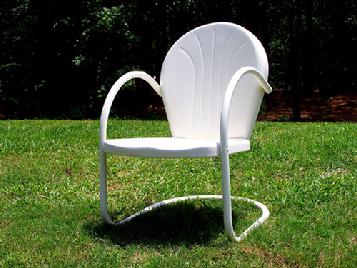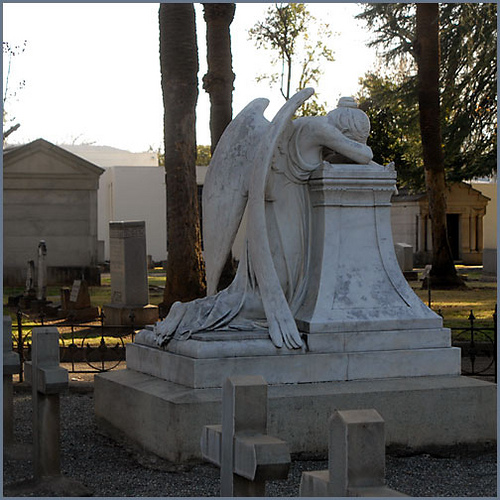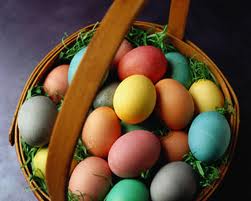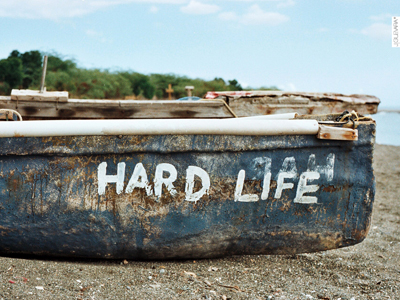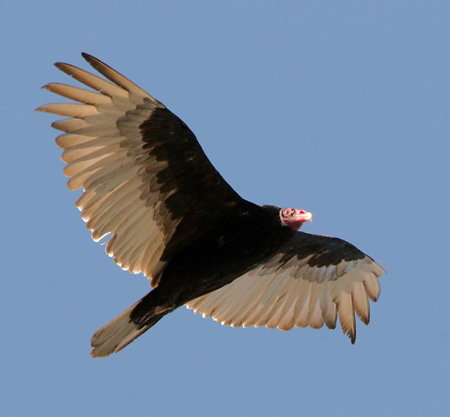A READING FROM Pilgrim At Tinker Creek
BY Annie Dillard
I wonder how long it would take you to notice the regular recurrence of the seasons if you were the first person on earth. What would it be like to live in open-ended time broken only by days and nights? You could say, “it’s cold again; it was cold before,” but you couldn’t make the key connection and say “it was cold this time last year,” because the notion of “year” is precisely the one you lack. Assuming that you hadn’t yet noticed any orderly progression of heavenly bodies how long would you have to live on earth before you could feel with any assurance that any one particular long period of cold would, in fact, end? “While the earth remaineth, seedtime and harvest, and cold and heat, and summer and winter, and day and night shall not cease”: God makes this guarantee very early in Genesis to a people whose fears on this point had perhaps not been completely allayed.
 It must have been fantastically important at the real beginnings of human culture, to conserve and relay this vital seasonal information, so that the people could anticipate dry or cold seasons, and not huddle on some November rock hoping pathetically that spring was just around the corner. We still very much stress the simple fact of four seasons to schoolchildren; even the most modern of modern teachers will still muster some seasonal chitchat and set the kids to making paper pumpkins or tulips for the walls.
It must have been fantastically important at the real beginnings of human culture, to conserve and relay this vital seasonal information, so that the people could anticipate dry or cold seasons, and not huddle on some November rock hoping pathetically that spring was just around the corner. We still very much stress the simple fact of four seasons to schoolchildren; even the most modern of modern teachers will still muster some seasonal chitchat and set the kids to making paper pumpkins or tulips for the walls.
But there is always unseasonable weather. What we think of the weather and behavior of life on the planet at any given season is really all a matter of statistical probabilities; at any given point, anything might happen. There is a bit of every season in each season. Green plants–diciduous green leaves– grow everywhere, all winter long, and small shoots come up pale and new in every season. Leaves die on the tree in May, turn brown, and fall into the creek. The calendar, the weather, and the behavior of wild creatures have the slimmest of connections. Everything overlaps smoothly for only a few weeks each season, and then it all tangles up again.
Time is the continuous loop, the snake skin with scales endlessly overlapping without beginning or end, or time is an ascending spiral if you will, like a child’s Slinky. Of course we have no idea which arc on the loop is our time, let alone where the loop itself is, so to speak, or down whose lofty flight of stairs the Slinky so uncannily walks.
